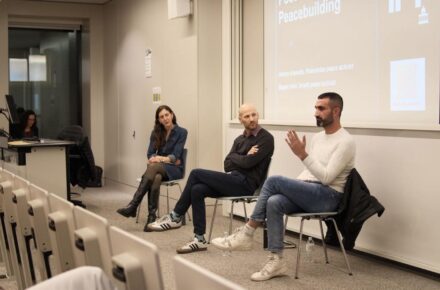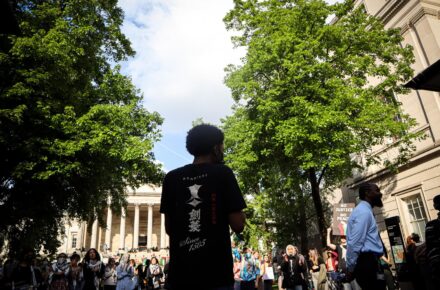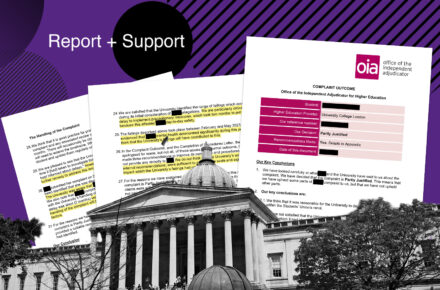Students on study abroad programmes have always had to deal with a unique set of challenges, such as visa complications, communication between institutions, and geographical isolation from support systems. While welfare support is more readily available to students studying on campus, there is a grey area when considering the resources available to study abroad students. The Cheese Grater has spoken to a few UCL students about their study abroad experiences, particularly with regards to student support.
One student who was in Germany last year felt that UCL “were not very forthcoming with any support considering [students] had been left in the lurch”. Surely, being stranded in a separate country in the wake of the pandemic should have compelled the university to take decisive measures to prioritise the welfare of their year abroad cohort. It would also have been expected that the university’s organisation and communication would have improved following the initial worldwide chaos of March 2020.
Furthermore, a student who was meant to travel to France in January of this year felt they had a similarly poor experience. In September, according to this undergraduate, both the French institution and UCL had assured them that they would be guaranteed accommodation. However, in December, the French university suddenly told the student that they were no longer able to offer them accommodation. The student contacted both institutions for clarification. In response, UCL expressed fears that this situation had damaged “the good will” between the two universities and allegedly requested that the student apologise to the French university for questioning their change of mind. Whilst the student was eventually granted accommodation by the French institution, the stress caused by these exchanges was unnecessary.
This pattern is not confined to solely this year. In the past, students have felt that wellbeing support has not always been up to scratch in practice. One student explained how they believed UCL was slow in forwarding SoRA information to the partner university in Germany. “UCL said they’ll notify the university you’re going to of your SoRA but that didn’t actually happen for me” the student explained. “There wasn’t any clear handover process which meant, had I not been confident in my language ability (ab initio), it could have been really difficult if I’d wanted extensions applied to any coursework”. This event occurred prior to the outbreak of the pandemic.
Given the recent nationwide NUS student survey, which showed that 54% of students ‘say their mental health has deteriorated or been affected negatively by Covid-19’, universities have a particular responsibility to extend their support to students studying off-campus, and internationally. It is therefore hoped that UCL has even further increased their efforts to support students abroad during this particularly difficult time.
However, undergraduates have also had positive experiences with UCL wellbeing support during their year abroad. For example, a student reported that, last year, they were contacted by UCL to ensure that they were safe following a shooting in Germany. The university website also indicates that wellbeing services are offered to students abroad through the ‘Global student assistance programme’. This programme includes short-term counselling and a 24/7 telephone support helpline. In addition to these measures, UCL assures that the Carefirst instant messaging service and askUCL still apply to all students, even those who are not London-based.
The pandemic has undoubtedly exacerbated the student mental-health crisis in the UK; in order to prove their commitment to student welfare, UCL must sustain their support for those studying off-campus, and in exchange programmes.
Juliette Grieve









